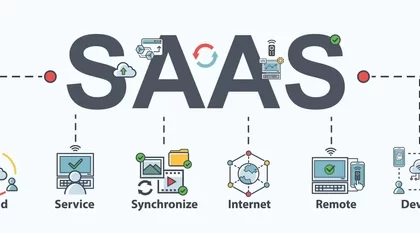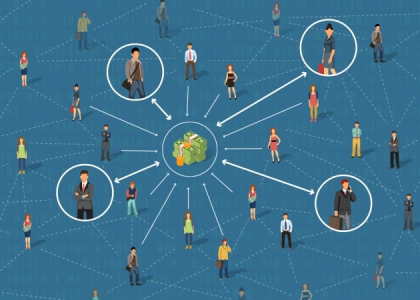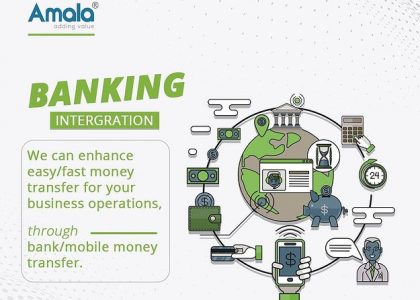Micro financing, according to Conroy is the delivery of financial services to poor and low income households with limited access to formal financial institutions. A small loan, a savings account, an affordable way to send a pay cheque home, can make all the difference to a low-income family, or to a small-scale enterprise.
With access to microfinance, people can earn more and better protect themselves against unexpected losses and setbacks. And with the ability to collateralize their assets, they can move beyond day-to-day survival, towards planning their future. From the beginning, the innovation of microfinance has allowed poor people – usually excluded from the traditional banking system – to obtain credit to develop microenterprises and build savings
Of course, much more than microfinance is needed to eradicate poverty and hunger. Sound macroeconomic policy. Good governance, Strategies to develop rural areas and the industrial sector. And, of course, good regulatory systems that create the proper incentives for businesses together with Investments in classrooms, clinics and human capital.
Microfinance, when executed correctly, is more than simply lending and collecting, this is because it involves an extensive and comprehensive training, savings and credit program that address a critical missing link for the end of poverty and hunger in our communities. Micro financing produces many benefits for poverty stricken and low-income households. One of the benefits is that it is very accessible. Banks today simply won’t extend loans to those with little to no assets, and generally don’t engage in small size loans typically associated with micro financing. Through micro financing small loans are produced and accessible. Micro financing is based on the philosophy that even small amounts of credit can help end the cycle of poverty. Another benefit produced from the micro financing initiative is that it presents opportunities, such as extending education and jobs. Families receiving micro financing are less likely to pull their children out of school for economic reasons. As well, in relation to employment, people are more likely to open small businesses that will aid the creation of new jobs. Overall, the benefits outline that the micro financing initiative is set out to improve the standard of living amongst impoverished communities.








